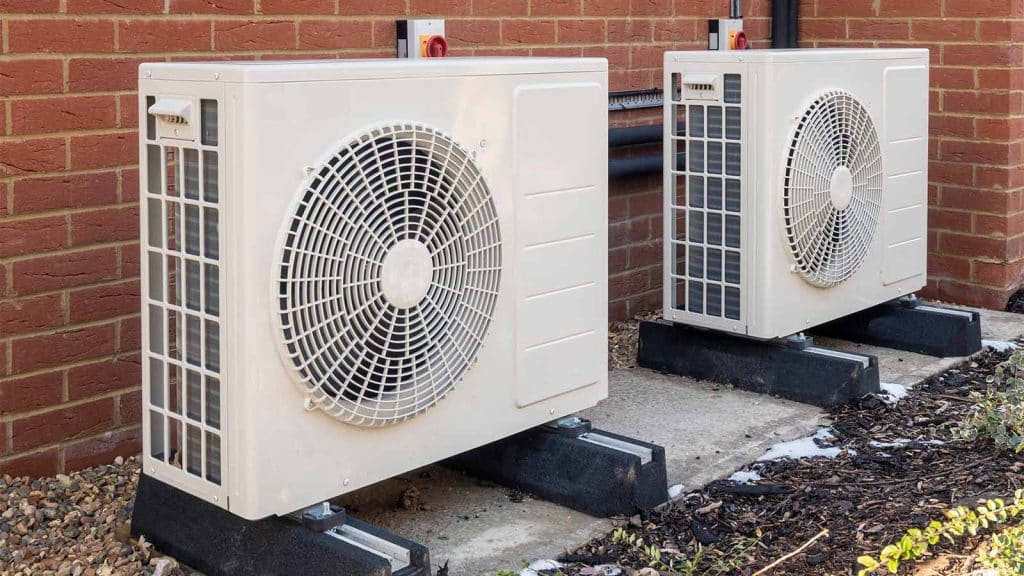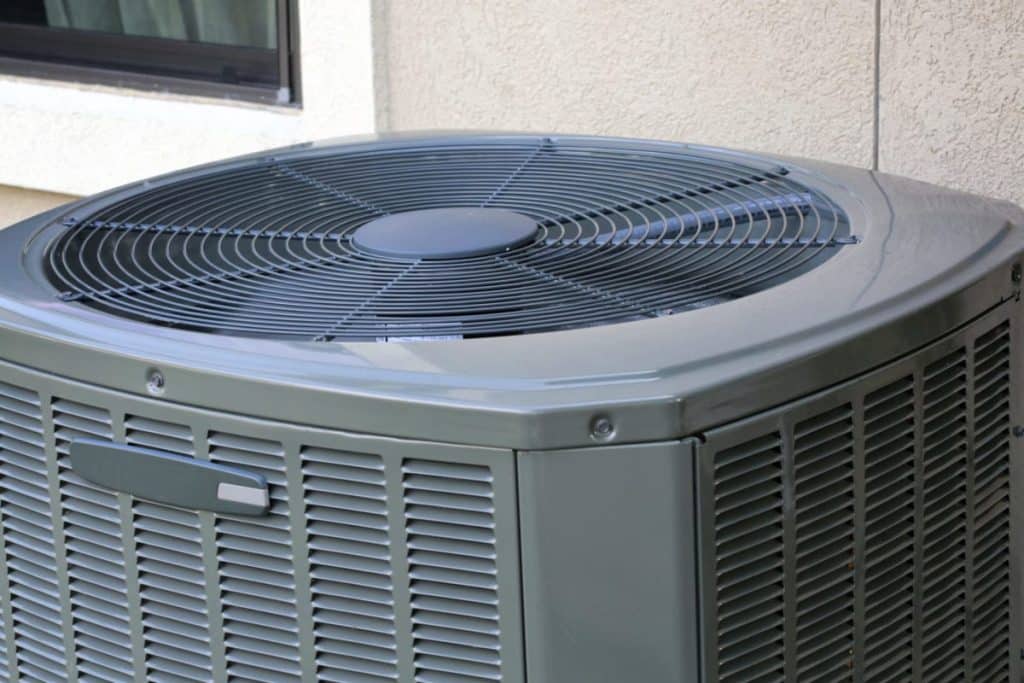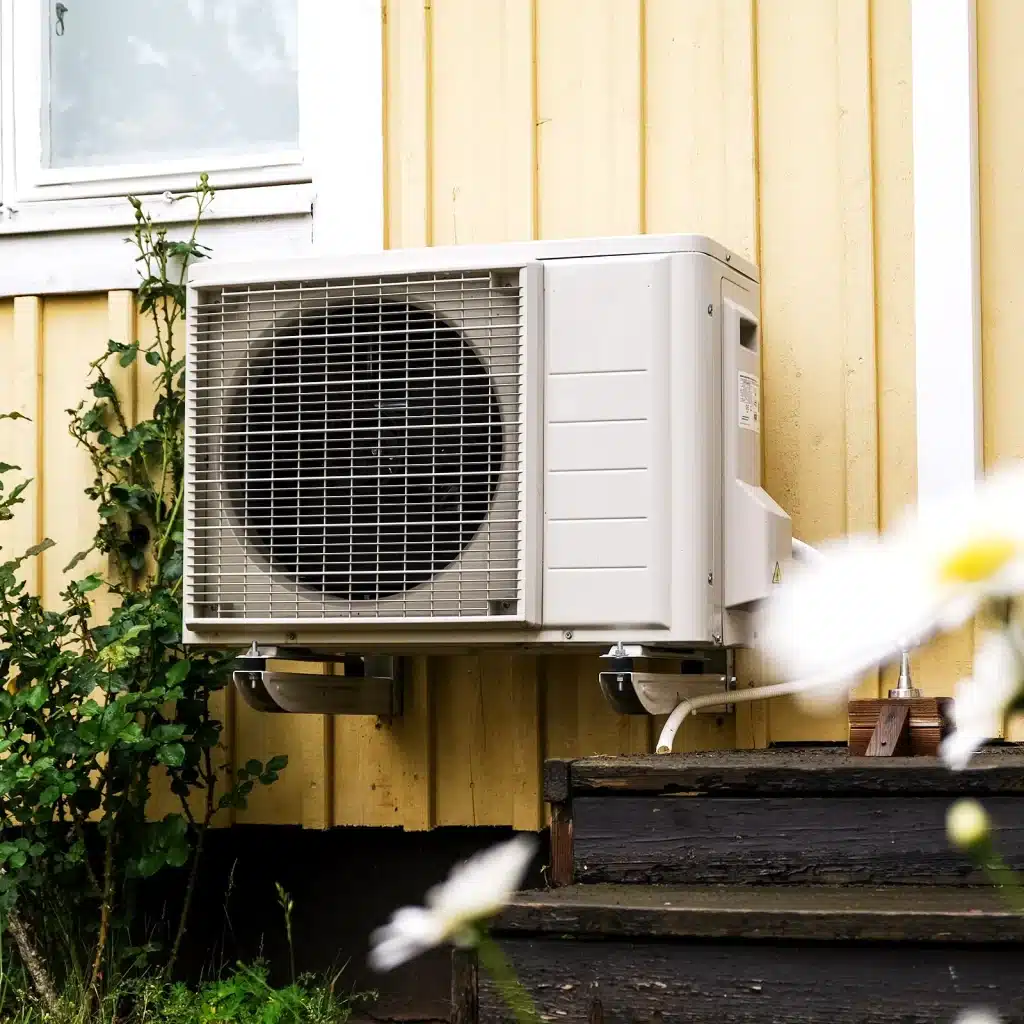In the realm of home comfort, few things are as crucial as a well-functioning HVAC system. Whether it’s the sweltering heat of summer or the biting cold of winter, your air conditioning (AC) unit or heat pump stands as a bastion against extreme temperatures. However, despite their importance, these systems are not immune to malfunction. Understanding the nuanced factors that contribute to their breakdown can empower homeowners to take proactive measures, ensuring prolonged efficiency and reliability. Here, we embark on a comprehensive exploration of the seven key factors that underlie the malfunction of HVAC systems.
Poor Maintenance Practices

At the cornerstone of HVAC system longevity lies diligent maintenance. Yet, it’s a facet often overlooked by homeowners until problems arise. Neglecting routine tasks such as filter replacement, coil cleaning, and overall system inspections can gradually erode the efficiency and effectiveness of your HVAC unit. Over time, dust, debris, and microbial growth accumulate within the system, impeding airflow and hindering performance. Additionally, unchecked wear and tear on components due to lack of lubrication or calibration can escalate into major issues, ultimately leading to system failure.
Wear and Tear
Like any mechanical system, HVAC units are subject to the natural process of wear and tear. Continuous operation without adequate maintenance exacerbates this phenomenon, gradually eroding the functionality of critical components. From the compressor to the blower motor, each part plays a vital role in the system’s operation. Over time, friction, corrosion, and thermal stress take their toll, compromising efficiency and reliability. Ignoring early signs of wear, such as unusual noises or reduced airflow, only hastens the deterioration, culminating in costly repairs or premature replacement.
Electrical Issues
The intricate electrical systems within HVAC units are susceptible to a myriad of issues, ranging from faulty wiring to power surges. Even minor discrepancies in electrical connections can disrupt the system’s operation, leading to intermittent failures or complete breakdowns. Overloading circuits, improper grounding, or inadequate voltage regulation can exacerbate these issues, posing safety hazards and increasing the risk of damage to sensitive components. Regular inspection by qualified technicians is essential to identify and rectify potential electrical issues before they escalate into major malfunctions.
Refrigerant Leaks

Central to the cooling process in air conditioning systems, refrigerant plays a pivotal role in heat transfer and temperature regulation. However, leaks in the refrigerant lines are a common yet often overlooked issue that can significantly impact system performance. Not only do refrigerant leaks diminish cooling capacity, but they also place undue strain on the compressor, potentially leading to premature failure. Moreover, refrigerant leakage poses environmental concerns due to its ozone-depleting properties. Prompt detection and repair of leaks are imperative to restore system efficiency and minimize environmental impact.
Dirty or Blocked Components
Efficient airflow is paramount to the optimal operation of HVAC systems. Unfortunately, dirty or blocked components, such as air filters, coils, and ductwork, can impede airflow, compromising system performance. Airborne particles, including dust, pollen, and pet dander, accumulate within the system over time, forming a barrier that obstructs airflow and hampers heat exchange. Furthermore, blockages in ductwork or vents can disrupt the distribution of conditioned air, leading to uneven temperatures and increased energy consumption. Regular cleaning and maintenance of these components are essential to ensure unhindered airflow and maximize system efficiency.
Overworking Due to Incorrect Sizing

Proper sizing is paramount when it comes to HVAC systems. Undersized units struggle to meet the demands of the space they serve, resulting in continuous operation and undue strain on components. Conversely, oversized units cycle on and off frequently, leading to inefficiency and premature wear. Moreover, incorrect sizing can exacerbate humidity issues, compromising indoor air quality and comfort. A thorough assessment of the property’s heating and cooling needs, conducted by qualified professionals, is essential to ensure the selection of an appropriately sized HVAC system.
Environmental Factors
While HVAC systems are designed to withstand a wide range of environmental conditions, they are not impervious to external factors. Extreme weather events, such as heatwaves or cold snaps, can place undue stress on the system, leading to increased wear and potential breakdowns. Additionally, environmental pollutants, such as airborne particulates or chemical contaminants, can infiltrate the system, compromising performance and indoor air quality. Natural disasters, including floods or hurricanes, pose additional risks, potentially causing extensive damage to HVAC systems. Mitigating these risks requires proactive measures, such as installing protective barriers or implementing preventive maintenance protocols.
Conclusion
In the intricate tapestry of home comfort, HVAC systems stand as stalwart guardians, providing respite from the rigors of extreme temperatures. Yet, their reliability hinges upon a delicate balance of maintenance, vigilance, and environmental stewardship. By delving into the seven key factors underlying HVAC system malfunction, homeowners can arm themselves with knowledge and insight, empowering them to safeguard their investment and preserve indoor comfort. From routine maintenance to environmental awareness, each facet plays a crucial role in ensuring the long-term efficiency and reliability of HVAC systems. As stewards of home comfort, let us heed these lessons and embrace proactive measures to nurture our HVAC systems, ensuring their steadfast performance for years to come.






GIPHY App Key not set. Please check settings